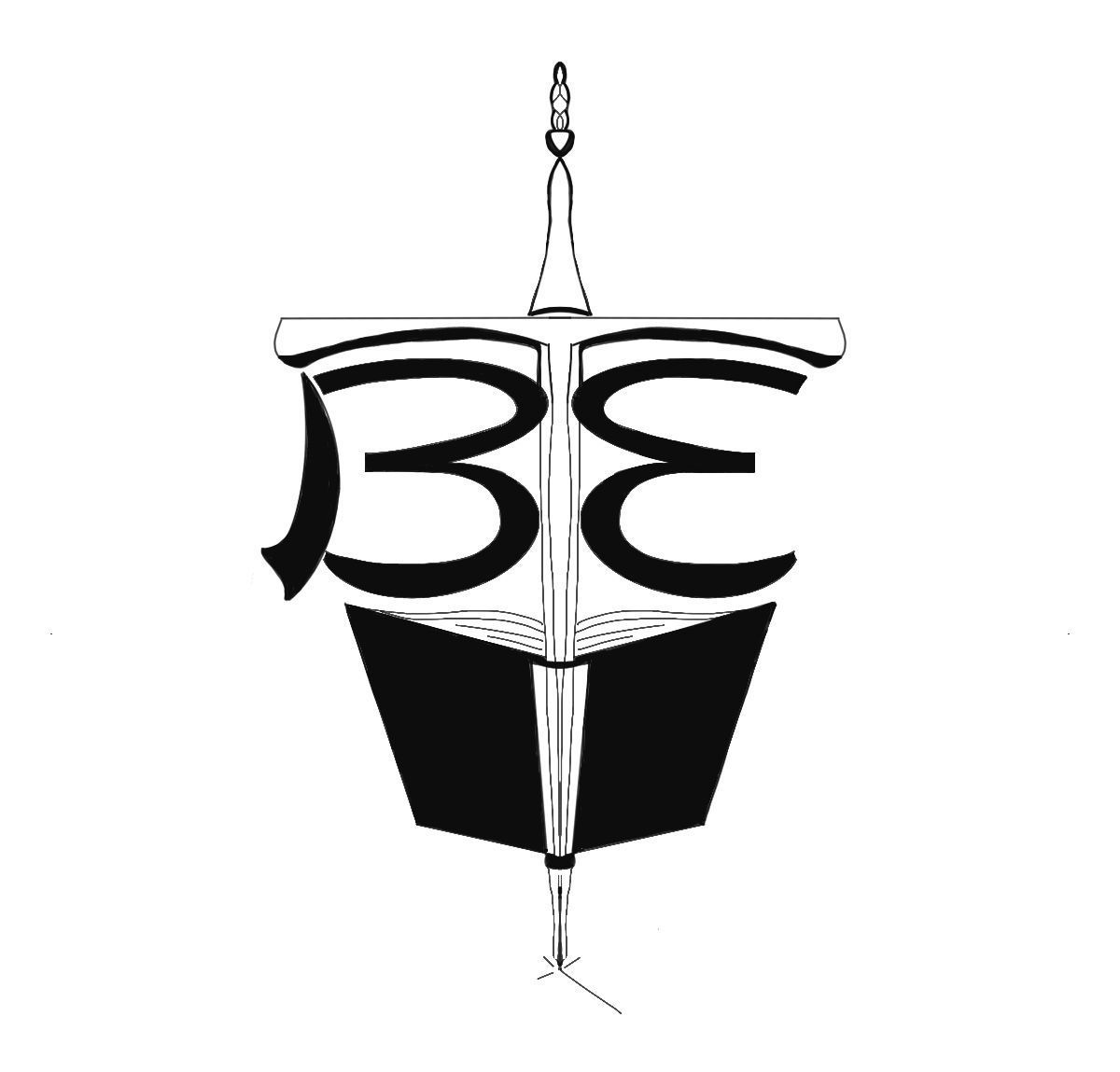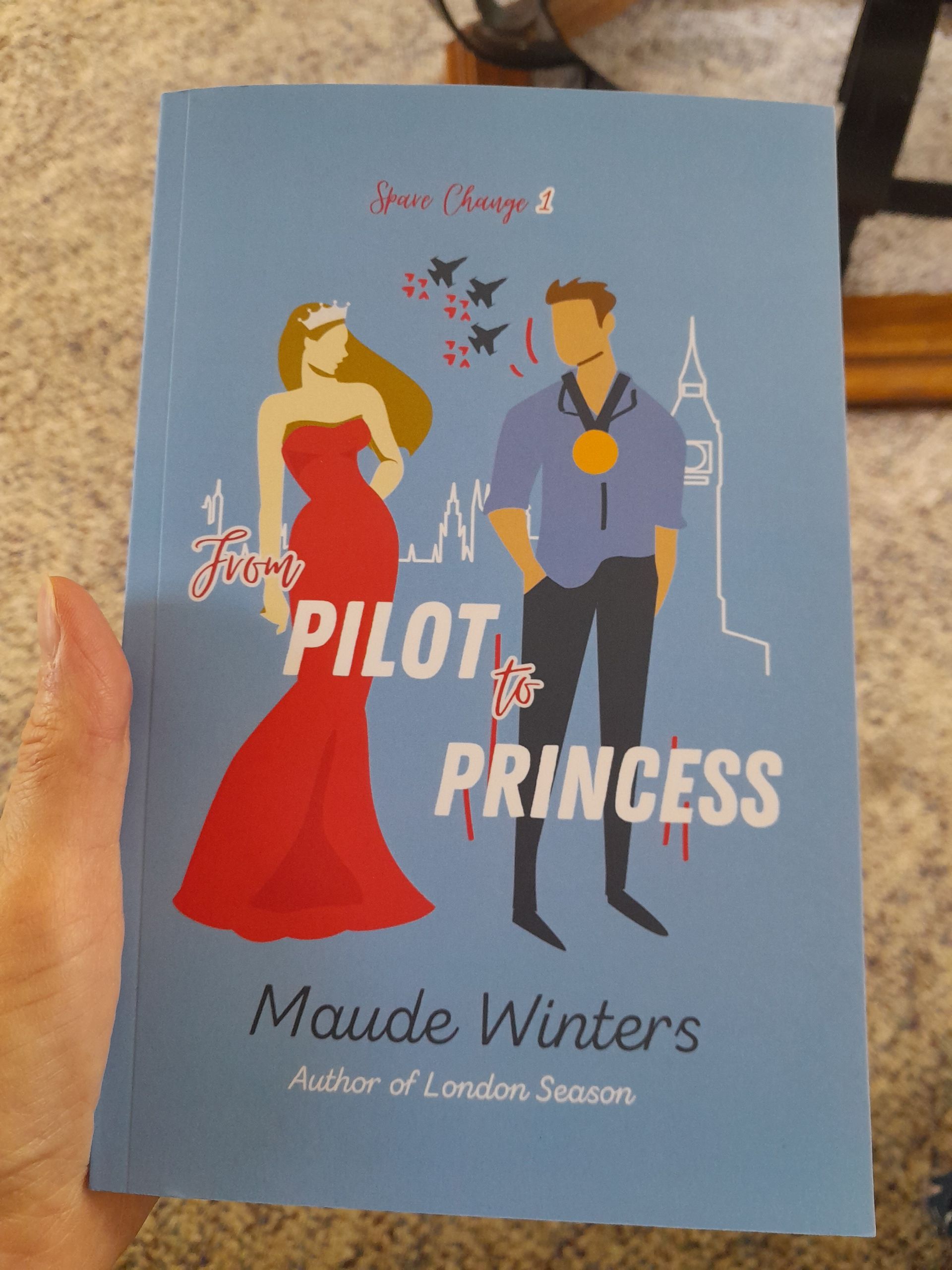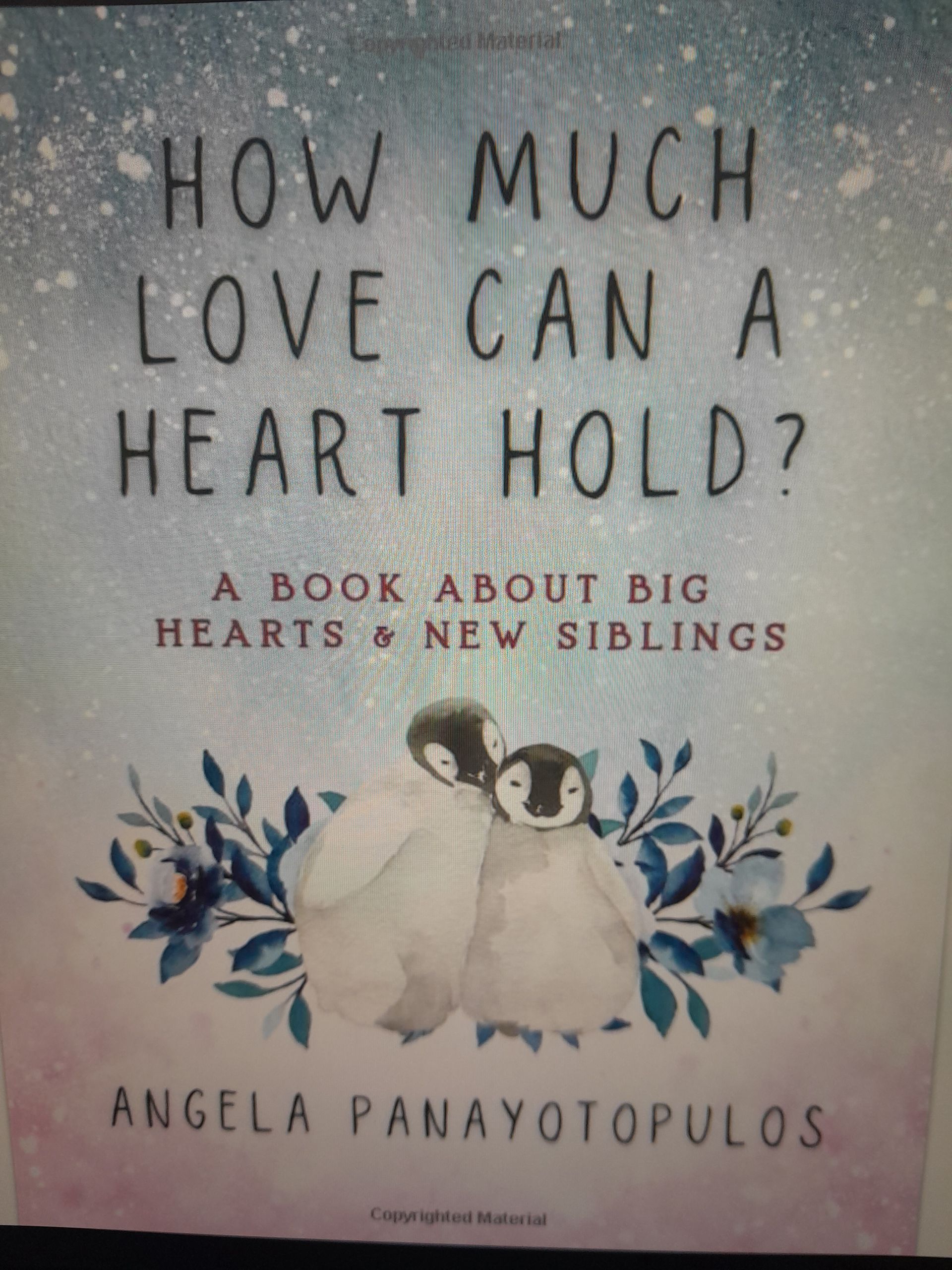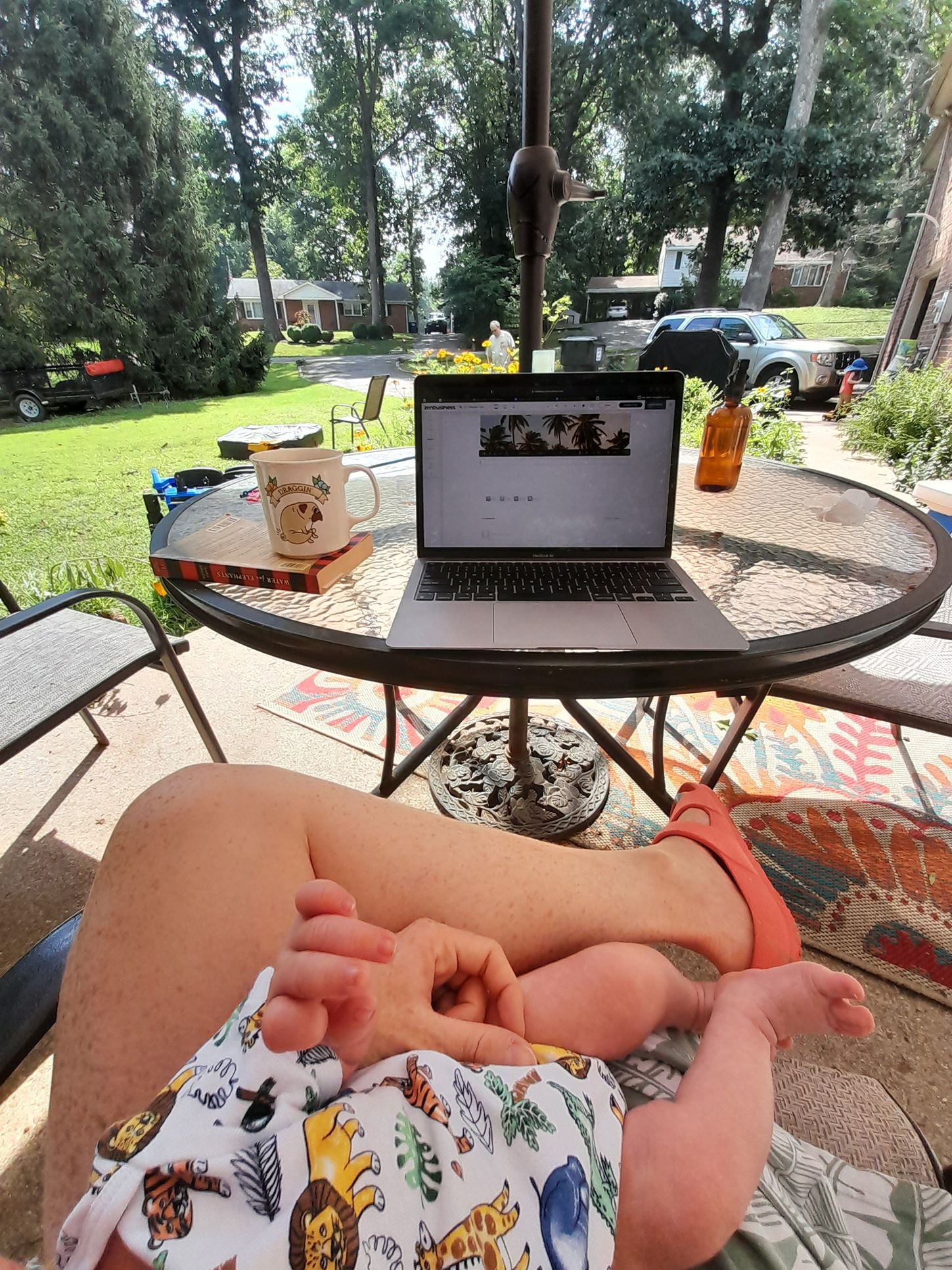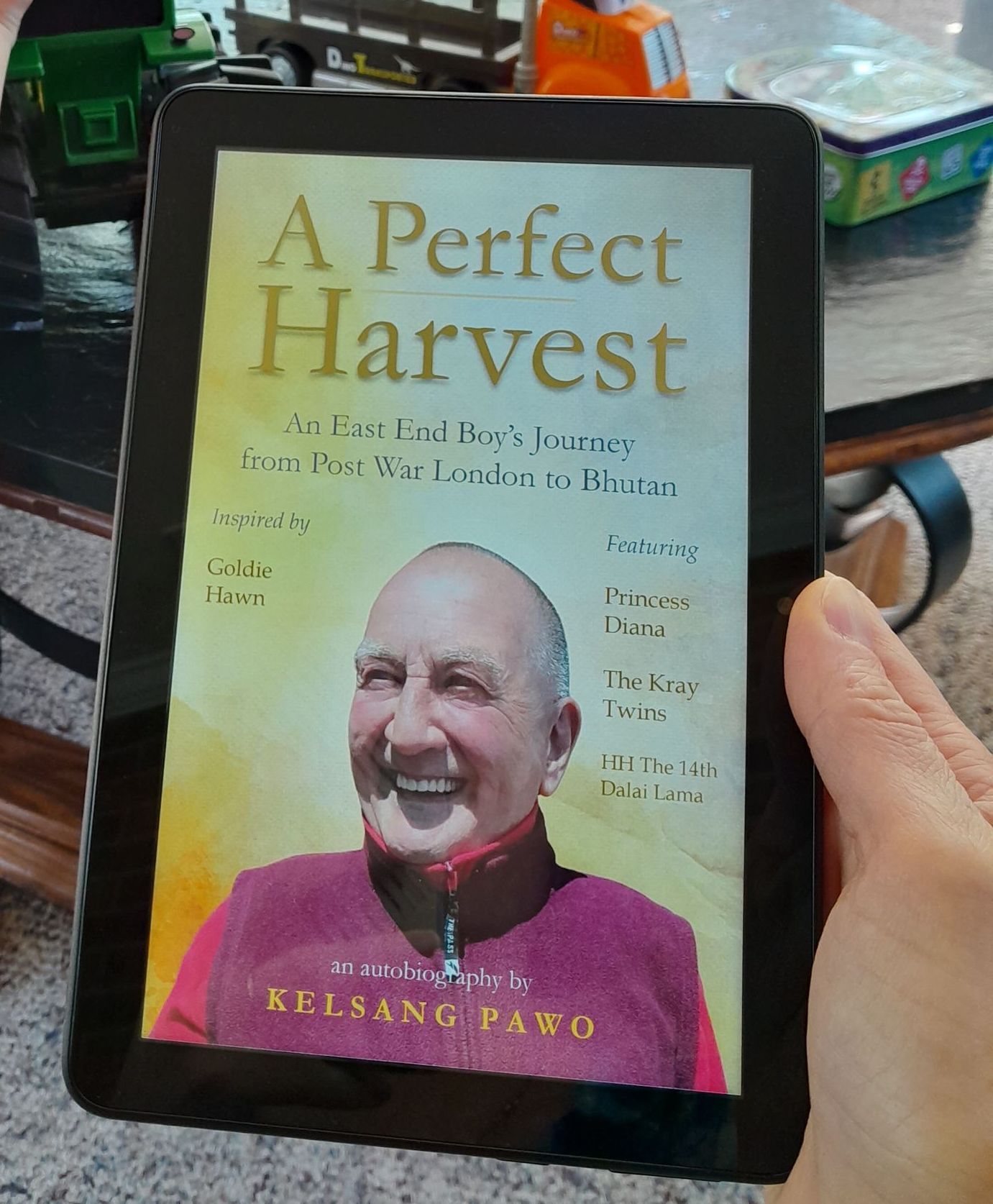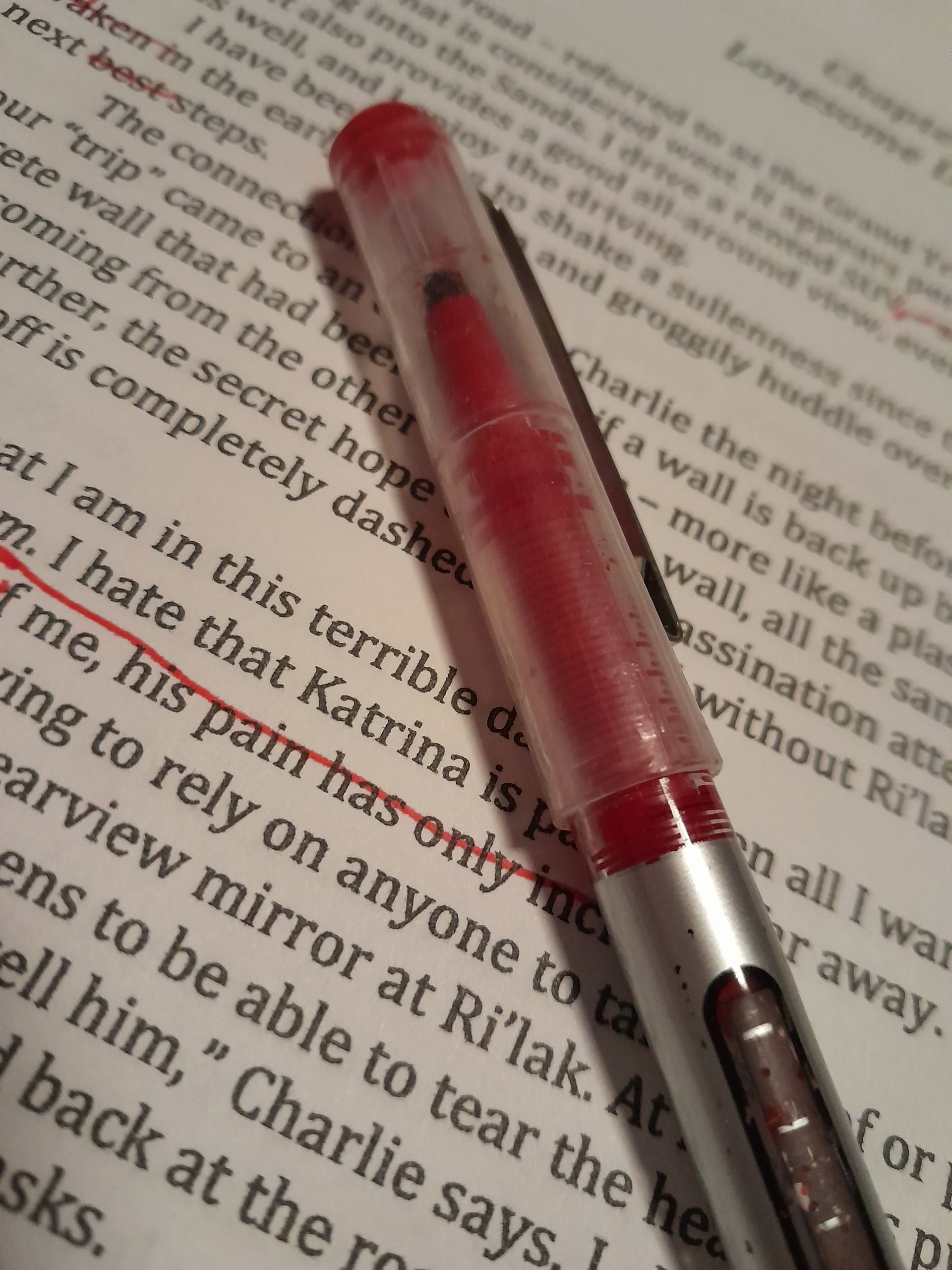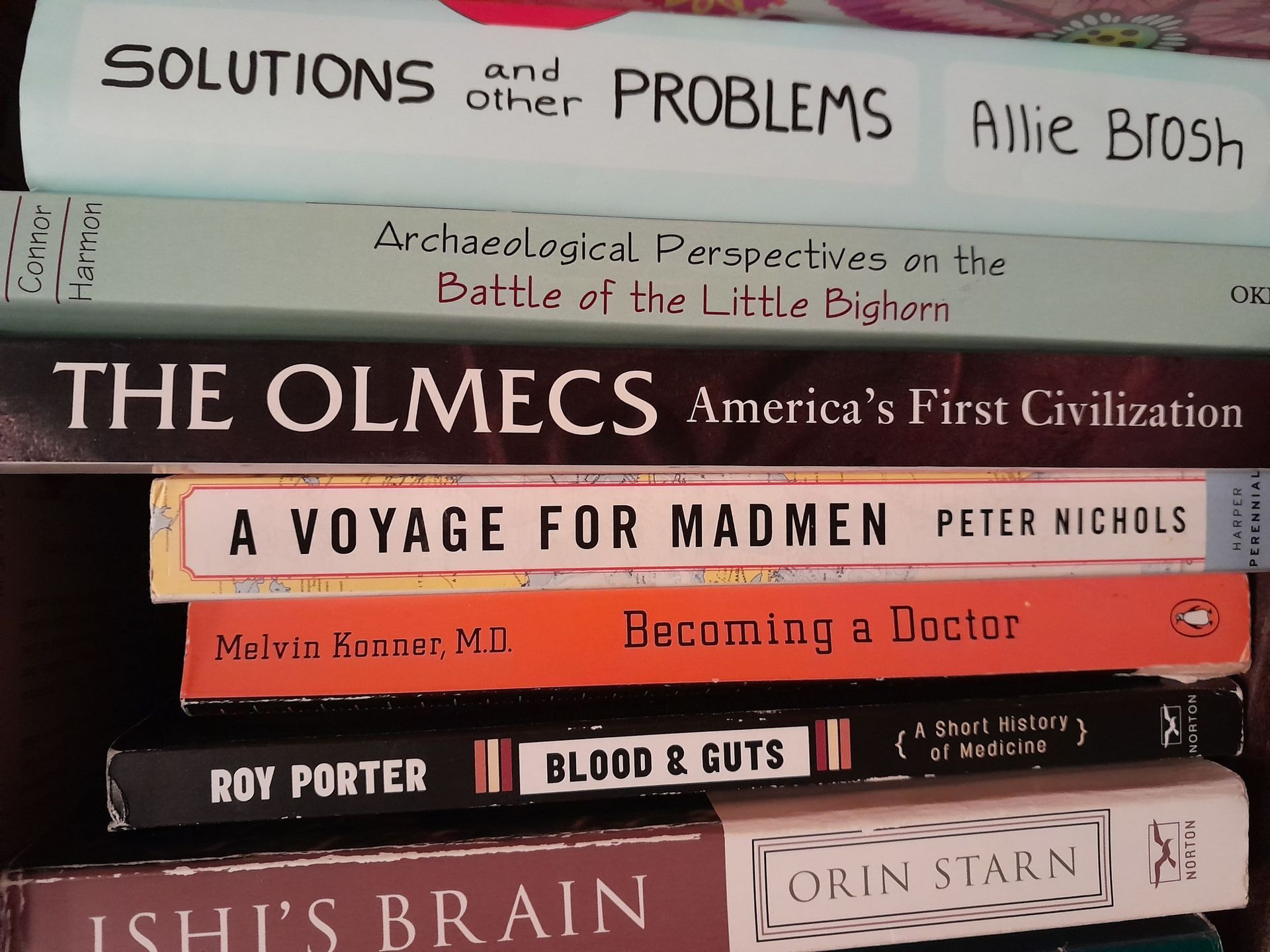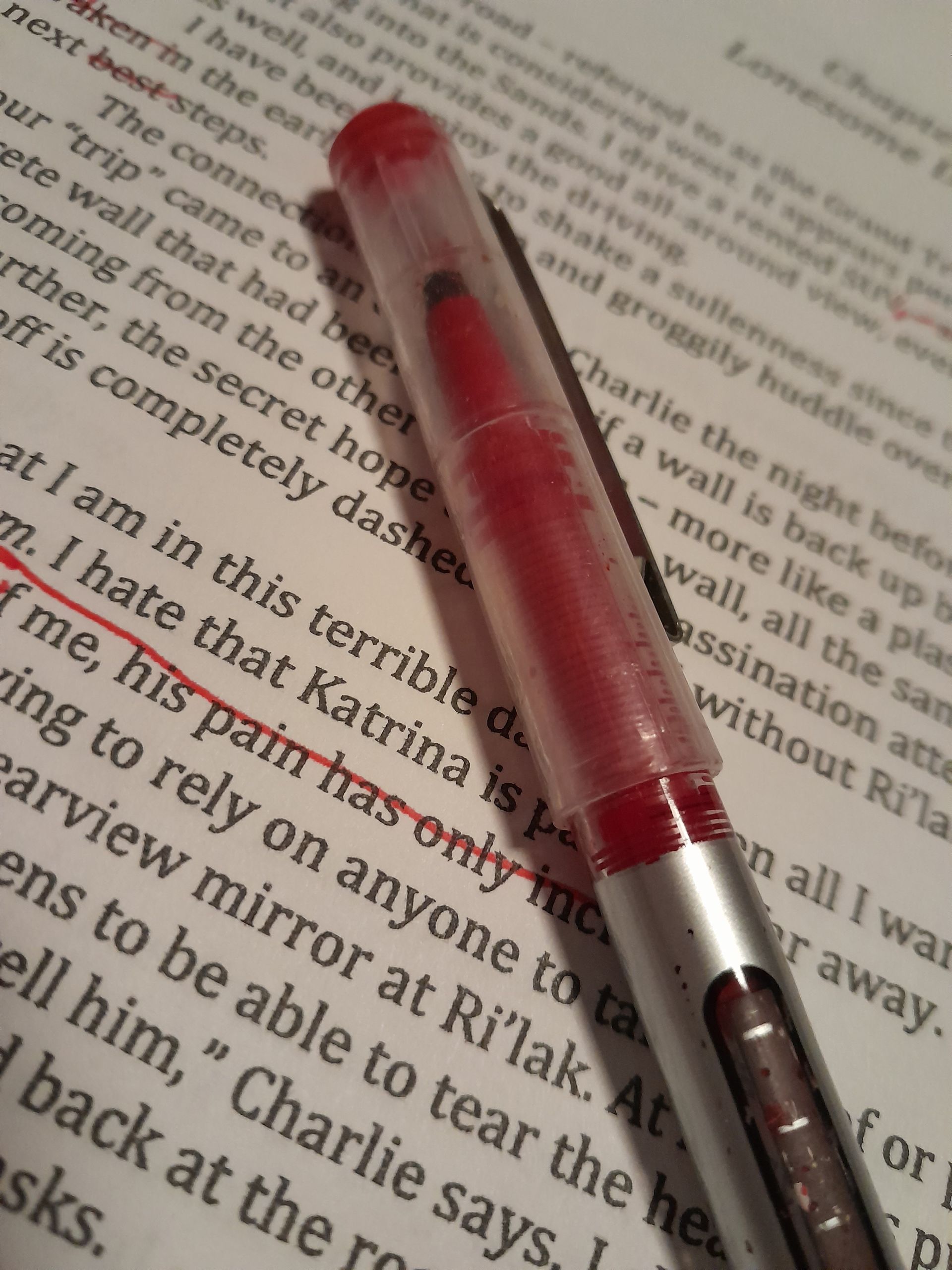Think: A Pep Talk for Writers
Don't Let the Challenge Defeat You
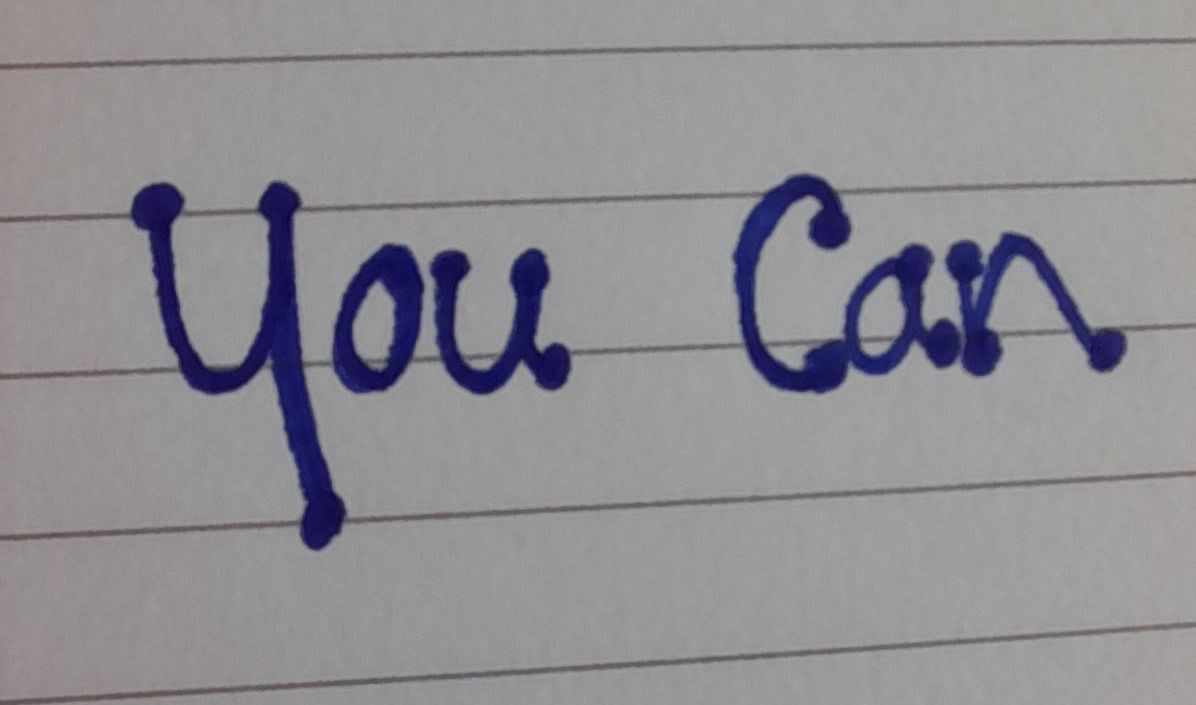
I have been lucky enough to work with an assortment of fledging authors lately. Some are just starting their story and deciding which direction it should go. Others are finishing up final edits and beginning the arduous query process. One is self publishing at a remarkable pace. Another is deep in the query process, sorting through a pile of rejection letters.
Most of the authors I have worked with have, at some point in the process, hit a wall. For some it happens at the end of their novel, when they realize they do not even know where the story is going. For some it is during the editing process (I will put myself in this category), when the slog of trying to perfect the story becomes just too much. For most, however, if they've managed to cross the finish line of a complete story, the wall comes up during the query process. Perhaps they are not getting any responses from agents (which is common for many months) or the responses they are getting are rejections.
Writing a book takes a lot of work upfront and behind the scenes, and sometimes it doesn't feel worth it. Most authors write because they want to be read; they have a story they want to tell, and they want other people to read and enjoy it. When they work for months or even years to put that story on paper, and then they find it falls flat, it can be extraordinarily discouraging.
In my opinion, it is this moment that makes the author. It is both easy and heartrending to give up (Stephen King did this with Carrie...his wife pulled that one out of the wastebasket). To be a successful artist of any type it takes quite a bit of tenacity - perhaps more tenacity than any other aspiration.
So these are a few things I tell my author friends and clients, when I see the writer doubt creep in.
1) Here is what is working. Sometimes a story does need some work. But there is almost always something that is also working and working well. Every author needs to know what this is. Beta reading or editing isn't just about pointing out the problems; it is also important to let a writer know what they are doing well and why. This can mean everything to a fledgling author. Sometimes they only need to hear one thing: YES, you have a story here that people will want to read. Keep going!
2) It doesn't matter if it has been done before. Sure, there is always the concern that the work lacks freshness, and of course you want to avoid anything resembling plagiarism. But you know what? It has pretty much all been done before. Does that mean people will not read it? Come on! How many versions of Spiderman have been successful? How many princes have rescued princesses? People love stories and often they love predictable stories, so do not let that deter you. Many readers love the same stories over and over again (my toddler will have me read the same book 3 or 4 times in a row). Hallmark movies follow a very specific formula, and the public cannot get enough of them. Furthermore, even if you are writing a seemingly traditional "the prince rescues the princess" story, no one has written in your voice before. No one has written from your place in life, with your past, your thoughts, your aspirations. Your voice is special. Never forget that.
3) Write the book you would want to read. I may have mentioned this here before. It is one of the most valuable bits of advice I have ever received when it comes to writing. Do not write for anyone but yourself. Write the book you want to read but have yet to find on the shelf. This is gold. Trust me.
4) Any feedback is good feedback. Maybe you are getting responses from your queries, but they are not exactly what you want to hear. But you know what? Someone read it. Someone took the time to respond to it. That is something. They could have just tossed it and ignored you. That is worse. Maybe their comments are something to take to heart and maybe they aren't. I had an adult author whose first major critique asked "Have you thought about writing children's books instead?" That was not something to take to heart. Discovering that you need a stronger beginning...that's something to think about.
5) Consider why you are writing in the first place. If you are frustrated that your writing isn't soaring to the top of the charts and landing you talk show spots, it may be time to reevaluate what initially motivated you to write. The vast majority of writers do not become rich and famous. In short: you are probably barking up the wrong tree. I'm not saying you can't become a successful author...I am saying that should not be your primary motivation for writing. Write because you are moved to write. Write because you have a story to tell. Write because it makes you feel good. But if you are writing with the primary intention of fame and fortune, you are probably going to being disappointed. Most of us are not Peter Hamilton (who began writing and became successful during a period of unemployment).
Should you try? YES. You should try and keep trying. But always consider your motivations. Consider what drives you. Do it because you love it. That is the only way your writing will ever work. Writing is an art - plain and simple - and art takes passion over a desire for popularity and wealth.
Also, do not forget to let other people read it! I am here if you need another pair of eyes...and I will always tell you upfront what is working and what isn't. The best way to improve is to let readers see what you have been writing, and I absolutely love reading new projects.
Most importantly...keep writing. It is the only way to get better.
